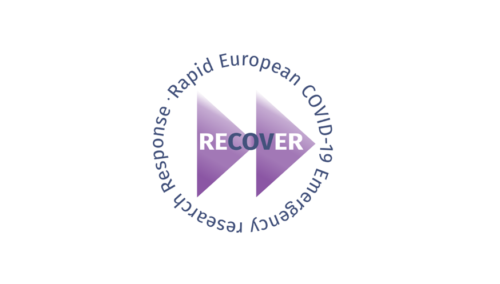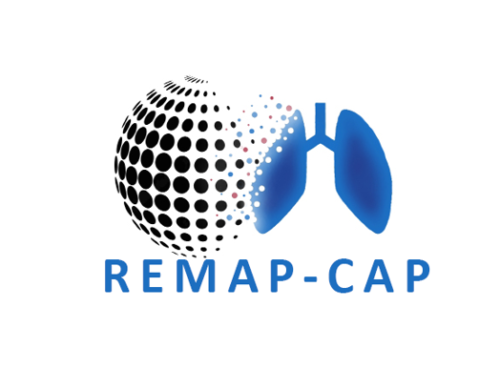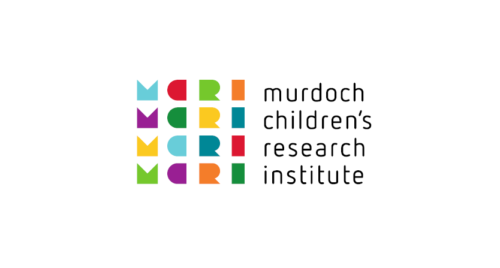COMBACTE and COVID-19
In December 2019 the first patients with pneumonia of unknown aetiology in Wuhan, China were being reported to the WHO China Office. By the 24th of January the first cases of COVID-19 were recorded in Europe. A steep rise of confirmed cases of the novel Coronavirus (SARS-CoV-2) in patients across Europe and the world has been observed after this time. Within less than two months the WHO declared COVID-19 a pandemic.
With more than 1000 hospitals, the COMBACTE network is currently being used in identifying and activating sites that can participate in COVID-19 clinical trials, next to the regular COMBACTE clinical trials focusing on antimicrobial resistance. Site selection for these trials is being done as usual through CLIN-Net, COMBACTE’s clinical network, which has extensive experience in identifying suitable hospitals. The outbreak also has an impact on COMBACTE’s LAB-Net activities. Supported by its state-of-the-art laboratory expertise and 800 laboratories in its network, LAB-Net has stepped up to support COVID-19 clinical trials by assessing the routine clinical laboratory practices for COVID-19. Among COMBACTE’s laboratory network a survey on the level of preparedness of diagnostic laboratories for the detection of SARS-CoV-2 has been completed.
Studies
RECOVER is a consortium on rapid European COVID-19 emergency research response that aims to understand the pathophysiology and epidemiology of COVID-19, as well as identify potential targets for therapeutic or preventive interventions.
More specifically COMBACTE was involved in the site selection of RECOVER’s work package 3 (WP3): MERMAIDS-ARI 2.0, an observational study to identify the prevalence, disease spectrum and severity, risk factors, spread and outcomes of COVID-19 in patients in hospital care (the emergency room and respiratory ward) in selected European countries. LAB-Net is also involved in WP3 for sample collection and management. WP3 is an expansion of the MERMAIDS ARI study in the PREPARE consortium, as part of the new RECOVER consortium.
Since its reactivation at the beginning of the pandemic, the MERMAIDS ARI study has included 783 patients across 38 study sites. MERMAIDS-ARI 2.0 included its targeted number of 300 patients in 11 sites across 7 European countries. Patients remain in follow-up up to 12 months after discharge. Samples are currently being analysed to study the genetic and immunological differences between the different included patient categories.
Another part of WP3 was a survey to assess perceptions and preparedness of European healthcare workers for COVID-19. Results provided insight on how to protect valuable healthcare personnel. This information also helped investigate infection prevention and control procedures in different countries and created awareness about healthcare workers’ perspectives. The survey was sent to hospitals in the COMBACTE network.

The RECOVER primary care observational study, SOS-COVID (work package 2, WP2), started in March 2020. The study aimed to generate evidence about milder and/or undiagnosed SARS-CoV-2 infection, risk factors for a complicated course of disease, as well as to track the impact of the disease when managed outside the hospital. In total, 885 patients with a respiratory tract infection were enrolled in the study via their general practitioner. The study enrolled patients from 9 different countries: the Netherlands, Belgium, Georgia, Spain, Germany, Moldova, Hungary, Ireland and Poland. Analysis of the study data is ongoing.
The social sciences team of WP2 has conducted interviews with patients and general practitioners early in the pandemic in 6 European countries. The aim was to generate an understanding of their perspectives in receiving and providing primary care during the pandemic. All interviews have been finalized and data analysis is ongoing, with several manuscripts in preparation.
Work Package 8 of RECOVER, REMAP-CAP, is an adaptive platform trial (APT) focused on determining the optimal set of treatments for patients with severe community-acquired pneumonia. As an adaptive platform, REMAP-CAP is specifically designed to adapt in the event of a pandemic, increasing the likelihood of patients receiving an effective treatment. Due to the continued global spread of COVID-19, the platform has extended its domains to investigate new treatments specifically for COVID-19 patients on the ICU and the ward. The aim is to improve outcomes for moderately or severely ill COVID-19 patients. With the ability to improve the design according to new insights and already having the clinical trial infrastructure in place to implement these insights swiftly, various interventions can be tested simultaneously within multiple therapeutic domains. REMAP-CAP was funded under the European Union’s Platform for European Preparedness Against (Re-) emerging Epidemics (PREPARE) and the RECOVER consortia. The European arm of REMAP-CAP has transitioned to the ECRAID-Base project since the end of PREPARE.
The study is currently active in 15 countries in Europe, and over 200 sites are participating. The patients in Europe have led to more than 11.000 randomisations over the existing study domains. COMBACTE’s CLIN-Net is involved in the site selection in Europe.
REMAP-CAP published their newest results on the use of Heparin in patients with COVID-19 on August 4th in the prestigious New England Journal of Medicine.

BRACE is a multi-centre randomised clinical trial designed to test whether the BCG vaccine (Bacillus Calmette–Guérin), which boosts humans’ ‘frontline’ immunity, can protect healthcare workers exposed to SARS-CoV-2 from developing severe symptoms. BRACE was initially performed in Australia, but has been extended to healthcare workers in Europe. The COMBACTE network was used to perform site selection for the European part of the study. The study has become the world’s largest trial on the off-target effects of the BCG vaccine. Almost 7000 healthcare workers have been enrolled worldwide, including 595 healthcare workers in the Netherlands and 227 healthcare workers in Spain.

Also find the most commonly asked questions and answers concerning the COVID-19 Case Report Form (CRF) tool from ISARIC via the link below.